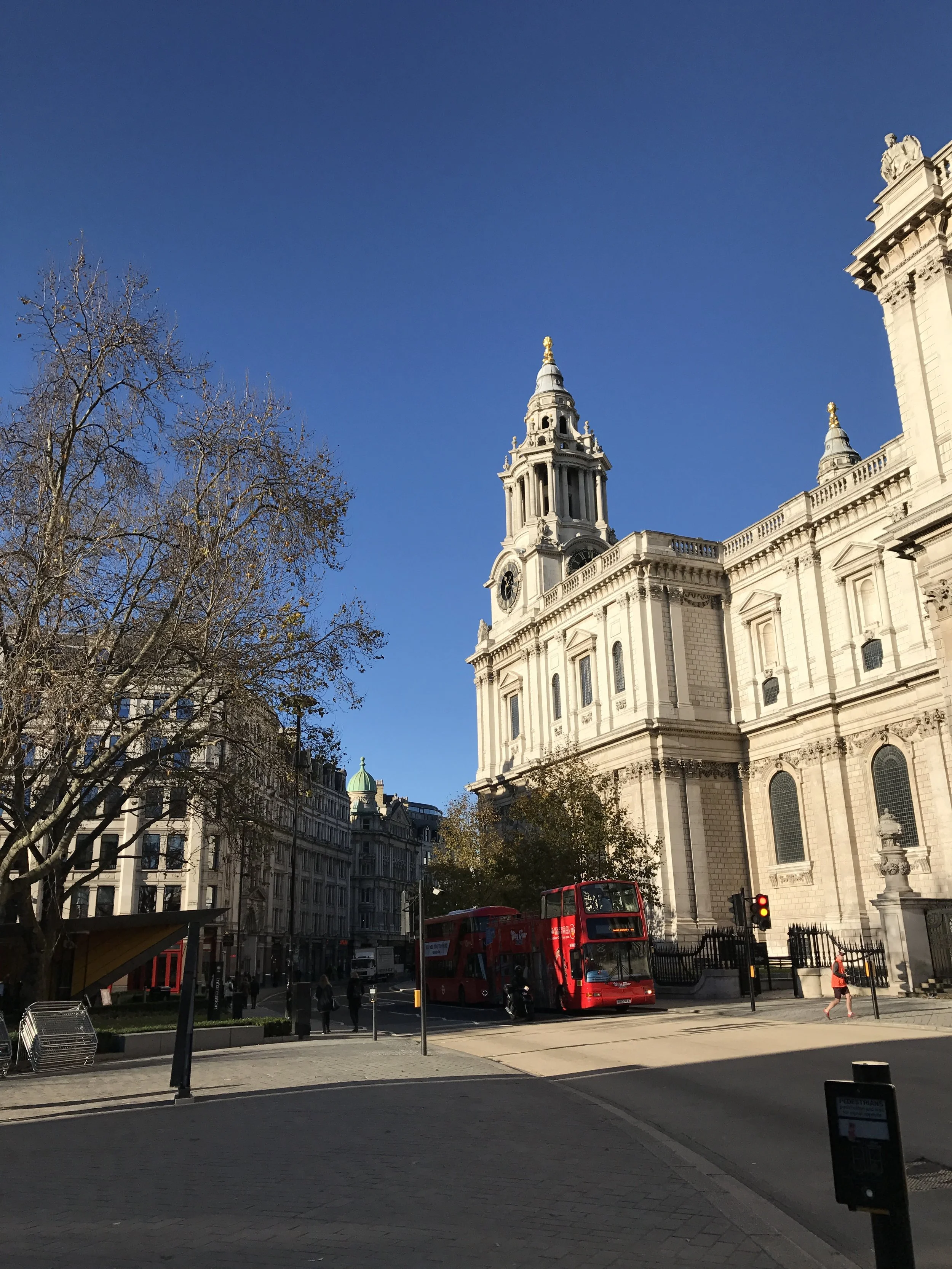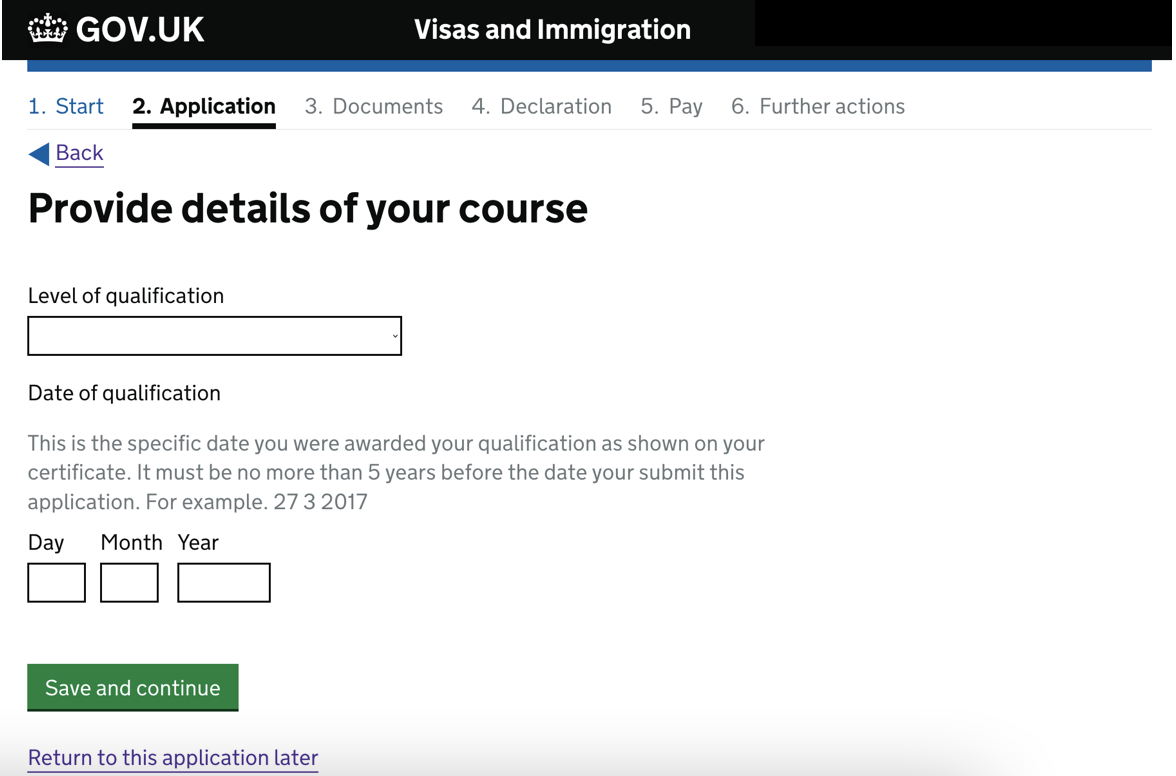It is challenging to forget the warm June day that brought the 2016 United Kingdom European Union Membership Referendum, after which popular vote to withdraw from the European Union was first cemented. The prevailing decision of the populace triggered immediate effects within the UK - two being the instantaneous resignation of then-Prime Minister David Cameron, and the Great Britain Pound’s drop to a 31-year low - and sent shockwaves across the European Union which reverberated globally.
With the formal exit from the EU undertaken at the beginning of 2020, and the subsequent wrath of the COVID-19 Pandemic from early 2020 through the present, the United Kingdom’s gates have been historically shuttered. The result? A new aftershock that has rocked the UK - a dearth of talented international talent, disincentivized or wholly prohibited from pursuing educational or professional opportunities within the country.
In face of a stagnant and homogenous talent pool, the British Government is keen on reversing this reality, which comes in the form of the new High Potential Individual (HPI) Visa. Launched on May 30th, 2022, this new offering, per the government itself, is a “short-term work visa for individuals at an early career stage, who have shown they have potential to benefit the UK workforce.”
Following the visa program’s launch, any non-citizen— whether presently outside of the UK, or presently within the UK possessing another visa type - may apply for the HPI Visa provided he/she has attained a degree from an eligible international university within the five years leading up to the date of one’s application.
Does your dream commute entail weaving through London landmarks such as St. Paul’s Cathedral? Or does it take place on a double-decker bus?
The definition is far from precise - but let’s break down some of the ambiguities.
“Short-term work visa” - any successful applicant granted the HPI Visa would be granted two years of work visa status (for recipients possessing Bachelor’s and/or Master’s degrees) and three years of work visa status for PhD applicants. This implies that one possessing the HPI Visa is free to seek employment in the UK over the two- or three-year eligibility period, and would not require employer sponsorship. If employment is secured within the eligibility period, one would have the option to convert his/her HPI Visa to a longer-term employment visa upon its expiration, provided certain eligibility criteria are satisfied.
“At an early career stage” - perhaps misleadingly, this statement does not mandate that an applicant is presently employed. Nor does it mandate that an applicant has received an offer for employment within the UK - as this would defeat the purpose of the HPI Visa altogether. The “early career stage” definition is relative to one’s education - stipulating that any applicant has been conferred either a Bachelor’s, Master’s, and/or Doctorate degree within the past five years. The major catch - however - is the list of universities that earn one the right to apply.
“An eligible international university” - likely to be the most polarizing element of this novel visa program, the list of eligible international universities is based on an amalgamation of global university rankings, a university deemed eligible provided it lands on at least two lists amongst those considered as part of the evaluation process. This list is furthermore issued on an annual basis, thus an applicant’s eligibility is contingent on his/her degree institution securing a place on the specific list for the yearlong period during which his/her degree was conferred. Reviewing the latest list, effective 1 November 2021 to 31 October 2022, thirty-nine universities are listed, of which twenty are US institutions.
For professional opportunities in the UK, London likely comes to mind first. Though it is worth noting that the HPI Visa would enable one to seek sponsor-free employment across the entire United Kingdom.
If there is any criticism of the HPI Visa methodology, it would likely be towards honoring an approach already lambasted by critics as self-fulfilling and heavily favorable to Western academia. While taking a university ranking-forward approach may have been the government’s best effort to bring rigid structure to the eligibility criteria, the approach nevertheless reveals some inconsistencies and shortcomings. One such criticism is the lopsided favor of Western academia, and the narrow net this ranking-forward approach casts: returning to the 2021-2022 eligibility list, only ten countries are represented across the thirty-nine institutions, and only three (Hong Kong, Singapore, Japan) are located outside of North America, Europe, or Australia. It follows that Central & South America, Africa, Eastern Europe, Central Asia, South Asia, and Southeast Asia are wholly excluded from all iterations of the list.
The annual shift in eligible rankings also makes for an awkward experience for an applicant whose institution appeared on certain, but not all, lists. An applicant with a degree from the University of Wisconsin-Madison, for example, would only be eligible to apply if his/her degree was conferred from 1 November 2016 to 31 October 2019, or 1 November 2020 to 31 October 2021, leaving gaps for class years 2020 and 2022 - purely owing to shifts in rankings. Taking a ranking-forward approach excludes talent who may have received an offer of admission to one of the eligible institutions, but were financially unable to attend. In a sphere where the prestige attached to institutional names is being deconstructed, this methodology could come as a harshly antiquated approach.
Nevertheless, in the grand scheme of visa opportunities, the HPI Visa is amongst the laxest of all - requiring minimal information to jumpstart the application. The College Sage completed a mock application via the application portal, and found the interface to be very intuitive, and the information requested to be straightforward and easily-retrievable. The one pivotal detail is, however, the submission of one’s degree - to come in the form of a reference number provided by firm Ecctis, with whom the UK government has partnered to assess diploma validity, or direct submission of a copy of one’s diploma.
The College Sage found the application portal to be refreshingly straightforward with resources to address some of the questions likely to come up in the application process.
The HPI Visa application does not come without numerous fees, some of which would not be refunded if even in the case of a rejected application. Any interested applicant should expect to pay the following, with USD conversions provided based on May 30th exchange rates.
£210 ($266) for a qualification validity check by external firm Ecctis
£715 ($904) for the general application fee
£624 ($789) per year to cover one’s participation in the National Health Service (NHS), billed for all eligible years (2 or 3) at the time of application
Furthermore, applicants would need to prove that they possess £1270 ($1607) of funds available to support themselves, and would likely need to shell out an additional few hundred dollars for processing at one of the ten UK Visa Application Centers located across the country (prices vary by processing time).
The HPI Visa is a tremendous opportunity to take one’s professional ambitions to the United Kingdom, side-stepping the challenges of securing employment sponsorships, and alleviating one of the need to enroll in a degree program to get one’s foot in the country. Do you have the qualifications to apply? Contact The College Sage for more details on this novel visa opportunity - the next step in your career might just be across the pond.









